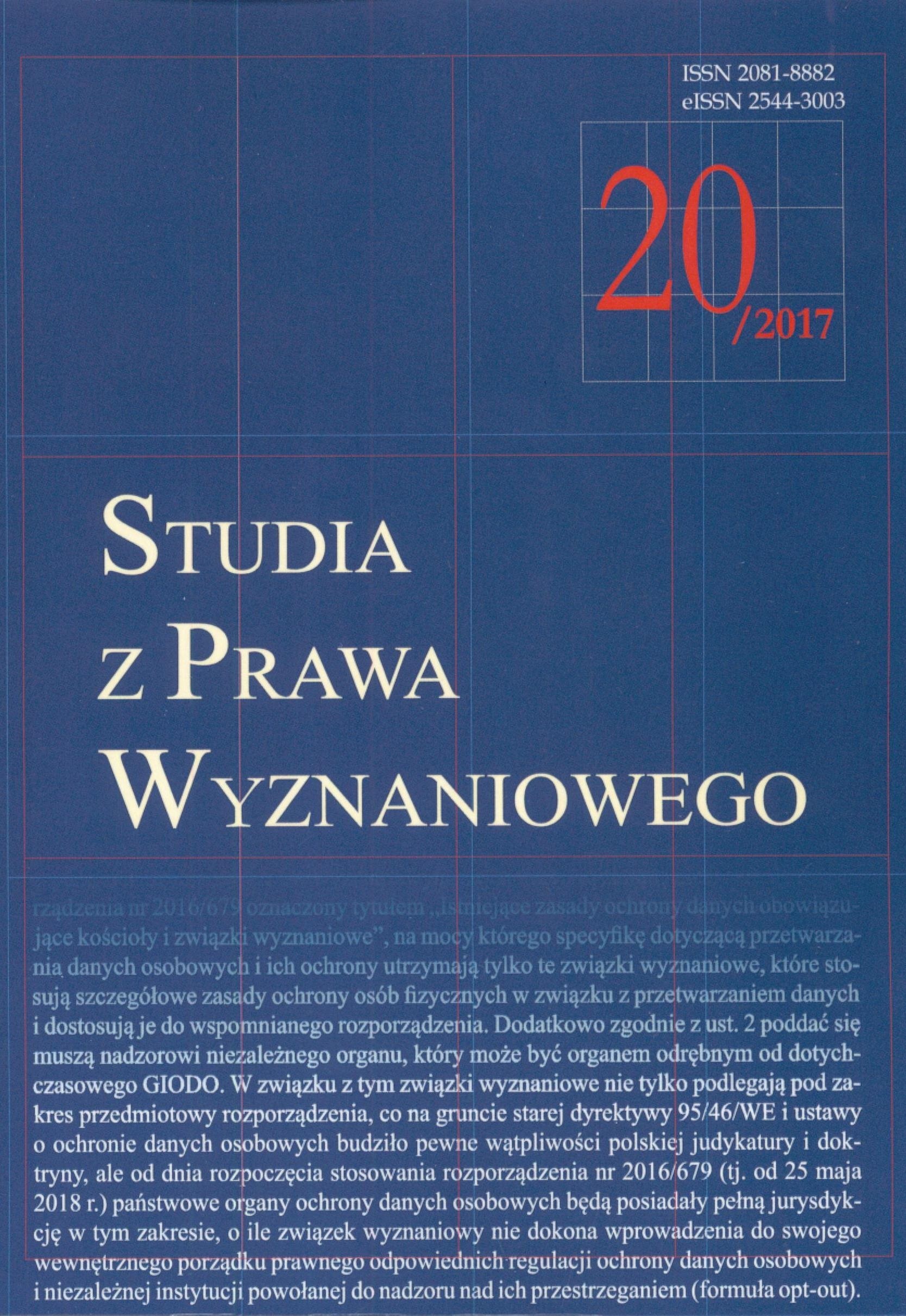Noszenie chusty islamskiej w miejscu pracy a prawa i wolności innych podmiotów prawa. Rozważania na kanwie wyroków Trybunału Sprawiedliwości Unii Europejskiej z dnia 14 marca 2017 r. w sprawach: Samira Achbita przeciwko G4S Secure Solutions (C-157/15
Wearing an Islamic headscarf in the workplace vs. rights and freedoms of other entities. Discussion regarding the EU Court of Justice’s rulings in the Samira Achbita vs. G4S Secure Solutions case (C-157/15) and the Asma Bougnaoui vs. Micropole case (
Author(s): Michał OżógSubject(s): Social Sciences, Law, Constitution, Jurisprudence, International Law, Human Rights and Humanitarian Law, Governance, Public Administration, Sociology, Islam studies, EU-Legislation, Sociology of Religion
Published by: Katolicki Uniwersytet Lubelski Jana Pawła II - Wydział Prawa, Prawa Kanonicznego i Administracji
Keywords: Islamic headscarf; discrimination; religion; workplace; employee code of conduct; freedom of conscience and religion
Summary/Abstract: The aim of this article is to present an analysis of the EU Court of Justice’s rulings of March 17th 2017, in the Samira Achbita vs. G4S Secure Solutions case (C–157/15) and the Asma Bougnaoui vs. Micropole case (C–188/15), in the context of the exercise of the freedom of thought, conscience and religion in situations involving contact with other entities. The problem of wearing a headscarf is presented with reference to the client’s freedom of belief and the company’s policy of religious and ideological neutrality. The article provides a critical view of the ruling due to the court’s failing to take into account the specific character of the freedom to express one’s religious beliefs. Special attention was paid to the question of religion, as one of grounds of discrimination being prohibited by Directive 2000/78/EC, as well as to the expression of religious, ideological or philosophical beliefs, and the problem of proselytism in the workplace.
Journal: Studia z Prawa Wyznaniowego
- Issue Year: 2017
- Issue No: 20
- Page Range: 307-334
- Page Count: 28
- Language: Polish

